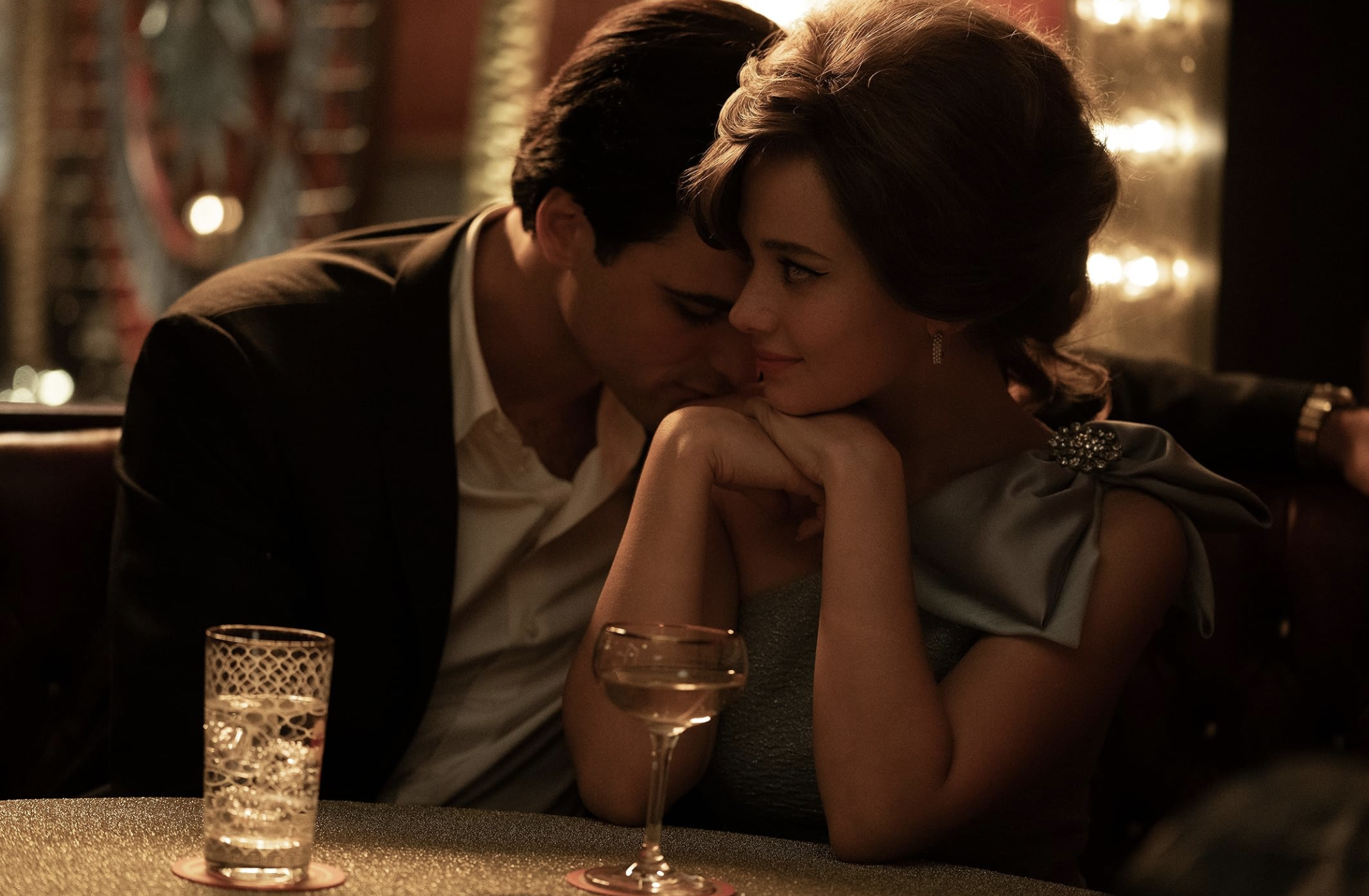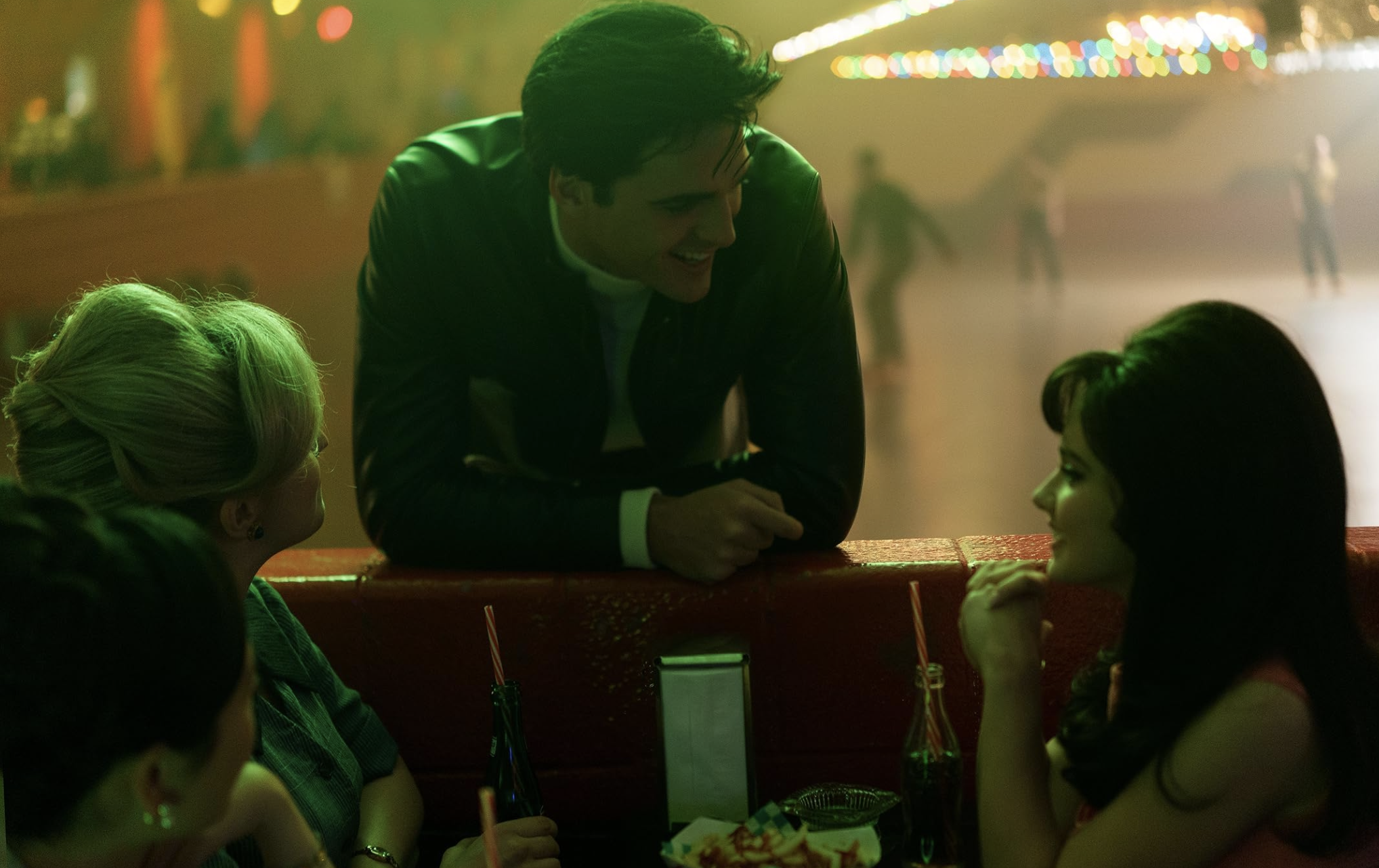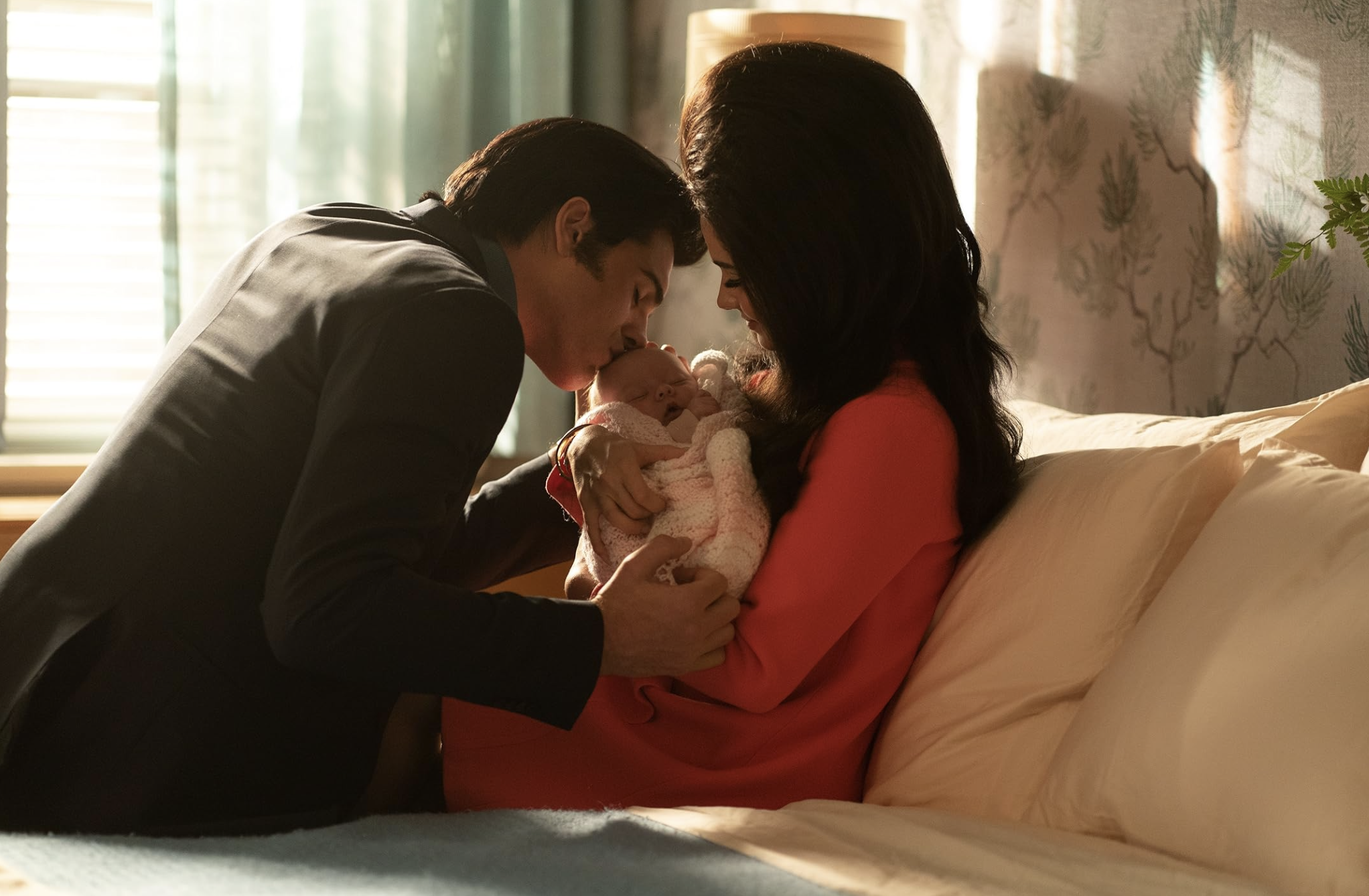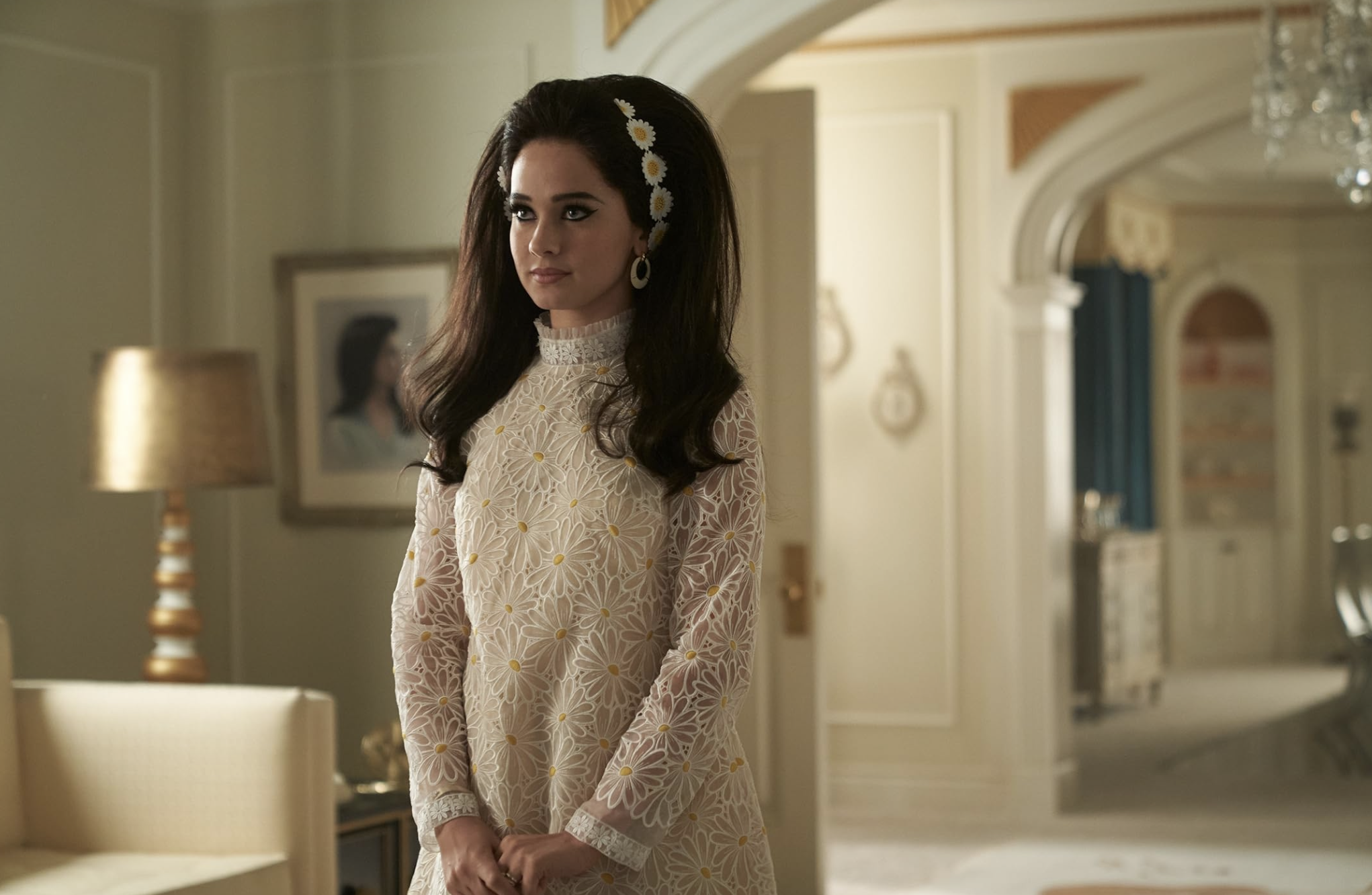Lessons from Coppola’s Character-Driven 'Priscilla'
November 7, 2023
From Muhammed Ali to Napoleon to Elvis Presley, most movies about historical or culturally significant people have that particular person at the center of the story. In Sofia Coppola’s latest film, Priscilla, the focus of the story is not on one of the most famous people in the last 100 years but rather his wife.
By all accounts, there wasn’t anything noteworthy about Priscilla Beaulieu. Even in the orbit of Elvis, she was pushed to the sidelines and only used as his rock. But it was how the ex-wife of the King dealt with her role in his life that Coppola chose as the heart of the film: Priscilla.
Read More: So You Want to Write a Biopic?
The screenplay was written by Coppola and was based on the memoir by Priscilla Presley and Sandra Harmon.
If you’re a screenwriter interested in writing your own character-driven drama, there are several lessons you can take away from Priscilla.

Find a New Angle
There was already an Elvis movie last year (Elvis from filmmaker Baz Luhrmann - download that script here at The Script Lab) that encompassed his entire life. There wasn’t a need for a second biopic on Elvis a short time later, that is, unless there was an unexplored angle that was worth shining a light upon. Elvis barely touched on the relationship between the two so Priscilla became the new angle.
Famous people are exciting to learn about. In movies or TV shows, the viewer gets to see a side of a celebrity or historical figure they may not have known about. But famous people hardly achieve their success on their own, which is why it's just as engaging to follow someone close to fame.
With films like My Week with Marilyn, which follows a young man’s week with Marilyn Monroe during the production of The Prince and the Showgirl or The Butler about a man who served as butler for eight presidents, the audience gets a behind-the-scenes look at those who stood close to fame, if only temporarily.
Watch More: Final Draft Q&A with Sofia Coppola

The Story of a Teenage Girl
For those unaware of the relationship between Elvis and Priscilla, it may come as a surprise that a 14-year-old spending time with a 24-year-old rock star would even happen. Nonetheless, after persuasion and insistence, the relationship flourishes with the permission of her parents.
Priscilla is a teenager and she very much has the mentality and perspective of someone of that age. She’s lonely, having been dragged to Germany where her father is stationed. It’s also where Elvis was stationed during his military stint and how they ultimately met. Along with her loneliness and struggles to make friends, she is a teenage girl like many of the other girls of the time: she has a crush on Elvis long before she even meets him.
When someone of that significance gives her the time of day, she finds a way to break the loneliness she suffers. And when her parents threaten her that they won’t allow her to see Elvis again or hang out with people much older, she reacts like any teen would by shouting back, “Please don’t ruin my life.”
As adults, writing in the voice of a teenager presents its challenges. It’s important to think about their lives and that a youngster’s immediate world is small. They want to be independent but are beholden to their parents, or those who are responsible for them. Remember that their reality and perspective on what’s important won’t be the same as a character who is just a few years older.

Take the Celebrity Out of It
It’s cliché, but celebrities are people too. For good or bad, the celebrity aspect of a person is likely the least interesting thing about them. No one wants to see a biopic of Elvis and see him as a hot-shot rockstar; we don’t need to spend our time or money on a movie showcasing what we already know. What makes the character interesting is the story behind the celebrity.
Priscilla was close with the most famous person in the world, but Coppola’s take is intimate. It shows how Priscilla reacted to the fame of the person she was in love with. She and Elvis are frequently hanging out with his set of close-knit friends or alone in his room so it’s more personal, which is compelling when he both praises her and throws a tantrum with her as the target.
Historical figures and celebrities have private lives and demons they battle. To show how they are just like “us” is to humanize them and turn them into relatable characters for the audience.

Creating a Character Study
Priscilla is very much a character study. The entire film is through her perspective and how she lives her life in the shadow of Elvis. The film is not driven by major plot twists but rather by Coppola’s desire to follow along with the title character.
While the viewer may scream for Priscilla to make different choices, her actions make sense because she is a teenager and Elvis has a charming power over her. She feels duty-bound to him so when she wants to get a job to relieve boredom while he’s out of town shooting a movie, he tells her no – she has to be there when he needs her. He tells her they are going to Las Vegas, there is no ask. Any debate is met with hostility.
The arc comes in her ability to take control of her own life. When creating a character study, it’s less about the external conflicts and more about the internal conflicts. Both are important in storytelling, but for the character, you’ll want to emphasize internal struggles more – just don’t neglect one over the other.
For the duration of the film, Sofia Coppola chose to concentrate on a snapshot of the long life of Priscilla Presley. There are no scenes without her and nothing is revealed before Elvis entered her life or after their divorce. Biopics can span a lifetime or home in a single part of a person’s life, it’s up to you to determine how to create the best narrative based on the story you want to tell.
Written by: Steven Hartman
Steven Hartman is an award-winning, optioned screenwriter. He was a Top 5 Finalist in Big Break’s Historical Category in 2019 and won Best Action/Adventure in Script Summit’s Screenplay Competition in 2021. He holds a Bachelor of Arts degree from Columbia College and had internships at Jerry Bruckheimer Films and Village Roadshow Pictures. Steve is a full-time writer and creative video producer by day and a screenwriter and novelist by night.- Topics:
- Screenwriting & Craft




